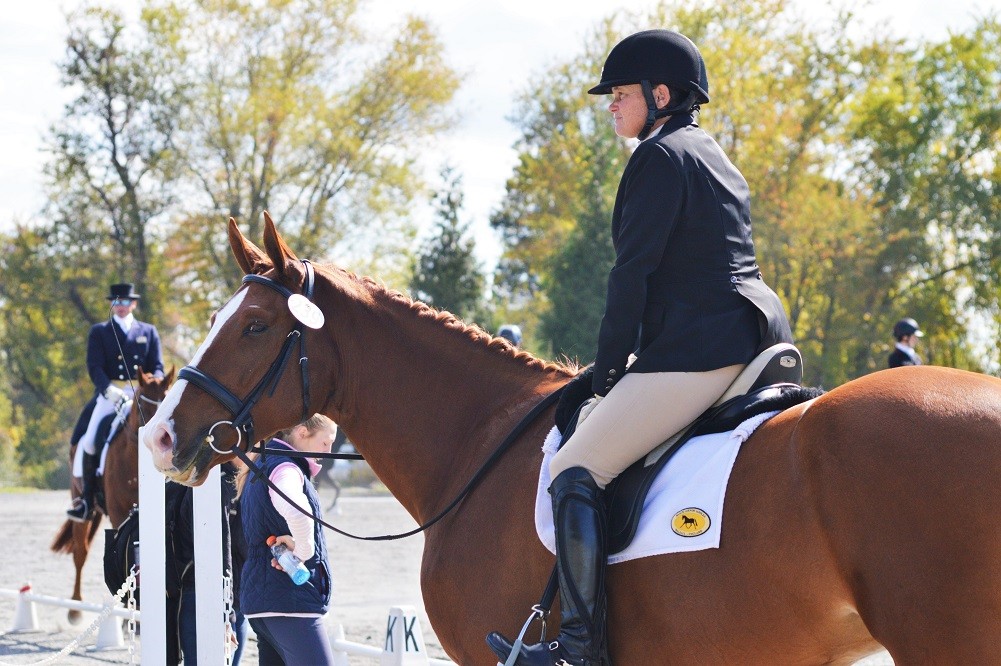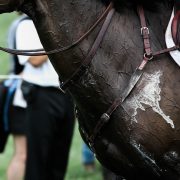Happy Horses: Does Your Horse Enjoy Its Job?

Having a happy, healthy horse is every equestrian’s number one priority. No matter what our competition goals are, the horse comes first so ensuring that their needs are taken care of are paramount to any success. With that in mind, we also want our horses to be happy and thrive in their work, but how can you tell if your horse is happy doing its job?
Of course, there are the obvious signs, such as pricked ears and a happy, keen expression on their face. Even a horse that gets anxious in the warm-up ring at a show can change tune once out on course and really embrace the experience. It’s fairly easy to tell if a horse is nappy, irritated or otherwise having an unpleasant experience: pinned ears, swishing tail, lack of impulsion. These signs can also simply be personality factors, however, so what else should you be looking for?
From a health standpoint, horses who are thriving in their environment will typically carry a good weight and a healthy shine to their coat. With the right nutrition program, even the hardest keepers can shine and let their dapples really come through, so it is important that their care and feeding program is top notch. A healthy horse has been checked for ulcers, has routine veterinary work such as teeth floating and vaccinations, and has a competent farrier who can keep them balanced and sound on their feet. A horse who is comfortable in its job will approach the task at hand with a loose, swinging back and a nice rhythm to its gait.
A happy horse will learn to seek its next task, whether that be the next fence on course or the next movement in a dressage test. The horse will learn to tune itself to its rider’s aids, wanting to take the path of least resistance and achieve what the rider is asking. If there is a miscommunication, it is the rider’s responsibility to remedy the issue responsibly so as not to damage a horse’s confidence and, therefore, its level of happiness.
There are certainly going to be occasions where a horse will not enjoy its job. Perhaps jumping is not something that comes naturally to it or perhaps the level of collection needed for dressage is not comfortable given the horse’s conformation. Whatever the case may be, if a horse is showing signs of discomfort or displeasure, we as riders need to be able to recognize those signs and take appropriate action.
At the end of the day, we have a responsibility to do what is best for our horses. This includes paying attention to the signs that perhaps they are not enjoying their job, or that something is causing them discomfort and therefore causing them to lose pleasure in their routine. Horses are good communicators, so knowing your horse and its mannerisms will go a long way when determining whether or not he is happy doing his job. After all, what we want the most is a horse that wants to be our partner out there.


